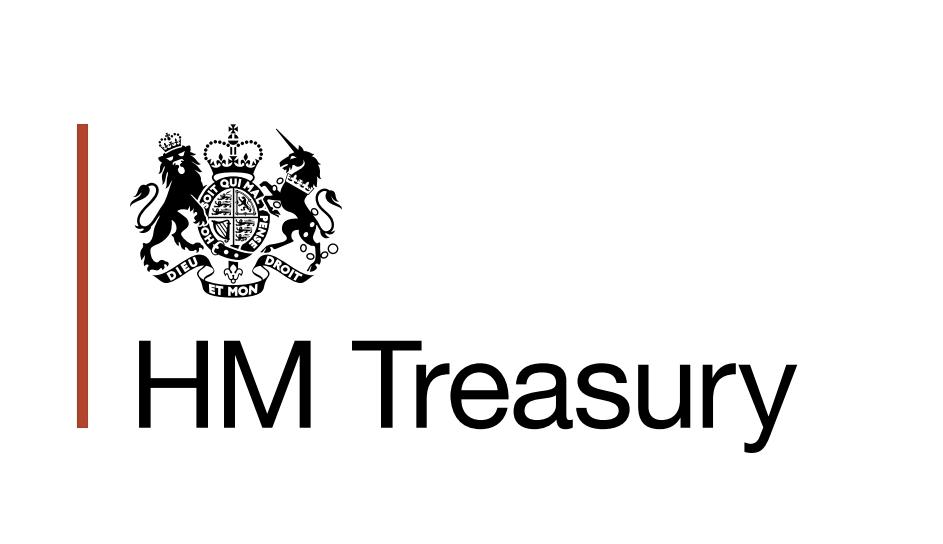In the Spring Budget of 2020 the Government announced that it would fulfil one of its election manifesto pledges by undertaking a “Fundamental Review of Business Rates”. The terms of reference of this review were published alongside the budget statement and included objectives of:
- reducing the overall burden on businesses
- improving the current business rates system
- considering more fundamental changes in the medium-to-long term
The review was to look at improvements that could be made from April 2021, to come into force alongside the rating revaluation that was planned at that time. The terms of reference made clear that these improvements would also include a review of transitional adjustments to rate liability following the revaluation. As well as this, the review was to consider longer term changes to the basis of the tax, which might include the introduction of land value tax, and changes to the way in which the tax is administered.
The review sought evidence from ratepayers and other stakeholders in two tranches, the first of which closed on 18th September 2020, and the second of which closed on 31st October 2020. The intention was to announce the outcome as part of the 2020 Autumn Statement. When that statement was scrapped because of the economic effects of the pandemic, the Government announced that the final report of the review would be published in “Spring 2021”.
HM Treasury has now announced that “due to the ongoing and wide-ranging impacts of the pandemic and economic uncertainty” the final report will not now be published until Autumn 2021. Instead there will be an interim report – which will include a summary of consultation responses – which will be published on 23 March “along with a number of tax documents, consultations and calls for evidences on a wide-range of tax-related issues”.
Ratepayers will be enormously disappointed at this delay. Whilst HM Treasury’s announcement of the delay makes much of the level of government support offered the COVID-affected businesses, including rates reliefs, there are many businesses affected by the pandemic to whom the rates reliefs do not apply. The reasons for the delay make little sense when one considers, firstly, that it is a “fundamental” review, which must have a time horizon stretching beyond the end of current economic circumstances, and secondly that, at the time the review was announced, the pandemic was already affecting the economy.
The strong suspicion must be that the Government is struggling to find an answer to the fundamental problems of the business rates system, which are too high a tax rate and too complex a system, which can balance with the need for tax revenues to cover the huge cost of the pandemic. The concern must be that the “fundamental review” may not offer any fundamental changes and that the delay is in the hope that bad news for ratepayers can be broken gently over a period of time and in what may be perceived as being better economic circumstances.

